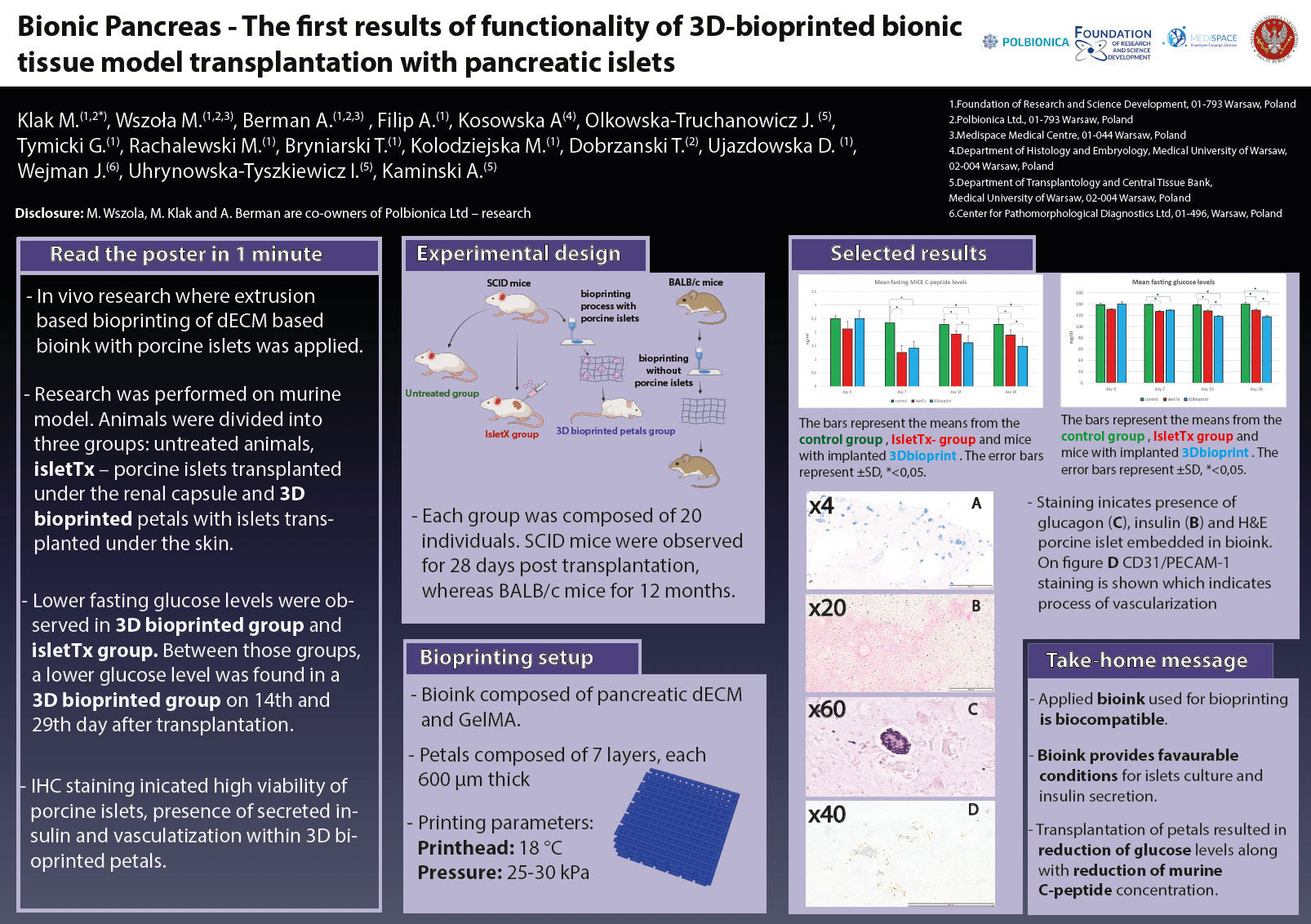A bit late reporting but here are in my humble opinion the ATTD Berlin 2023 highlights.
I will focus on tech - as it is my passion. But worth mentioning how important and relevant were the discussions at the Parallel Sessions about disparities in diabetes technology - as much as I believe cutting-edge tech is always needed to push the boundaries it was good to hear voices representing countries where electricity was still a problem (without mentioning the insulin).
At the #dedoc° symposia “What we wish you knew — and why”, Hamidah Nabakka who lives with type 1 diabetes and works at the Sonia Nabeta Foundation focused on Uganda and Sub-Saharan Africa shared her country's reality.
Lori Laffel at the session Understanding and overcoming health disparities in the use of diabetes technologies and Partha Kar & Jazz Sethi also highlighted differences in different parts of the world. I suggest looking for these sessions as they were widely covered by many colleagues in our diabetes community.
As a visual designer living with type 1 diabetes myself, I was happy to hear the consensus that PWD must have been involved in the design process earlier. Many of the issues we are experiencing in a wide range of products/services are partly because we are brought into the conversation too late.
Having said that, these are the advanced technologies and treatments for diabetes that called my attention the most at #ATTD2023 in Berlin which took place on 22-25 February.
If you would like to have a look at the programme, here it is.
ATTD Berlin 2023 highlights
Conference scientific sessions- 3D printed bionic pancreas #artificialpancreas
- Replacing insulin pumps with light-controlled insulin delivery
- Non-invasive glucose monitoring: analysing breath and measuring sugars using light
- Data ownership
Outside ATTD but part of the OPEN project closing ceremony
- Ultra low-cost insulin pump: 3D printed
3D printed bionic pancreas
Maturation and evaluation of 3D printed bionic pancreas with a dedicated bioreactor

Tech
@POLBIONICA created proprietary bio inks tailored to individual needs, a bioreactor, a device for maintaining vital parameters and pretty amazing 3D bio printing methods. Under the strapline ‘We print organs! We do science, not fiction!’ this is to me the highlight of ATTD2023.
Status
First clinical trials results of a 3D-printed pancreas containing pancreatic islets of pigs presented at ATTD23.
Find the first results of functionality here.
Replacing insulin pumps with light-controlled insulin delivery
Parallel Session - Emerging technologies for diabetes
release of insulin through light

Tech
Abstract
https://www.ncbi.nlm.nih.gov/
or find a local copy here.
Non-invasive glucose monitoring: breath and light with Raman spectroscopy
Parallel session - Non-invasive glucose monitoring: reality vs hype

Tech
Data ownership and use of data aggregators in Clinical Care
Dr Forlenza affiliated with Barbara Davis Center for Diabetes

INREDA dual hormone pump

Tech
Infusion sets for insulin and glucagon, sensor for continuous glucose monitoring, and dual chamber pump with insulin and glucagon wirelessly receiving glucose measurements and controlling hormone infusions. Yes! That's it! founded by Robin Koops (he is using it…)
Status
CE approved, 125 approx users in the Netherlands, fully closed loop, ongoing clinical studies - https://www.instagram.com/inreda_diabetic/
InsuFlo by Open MedLabs
An affordable insulin pump for people with type 1 diabetes
 Tech
Tech
At ATTD exhibitors corner Deval Karia (@deval_karia) presented InsuFlo an affordable insulin pump (USD700) which looked fantastic - @iiscbangalore
Status
Prototyping - launching soon?
Ultra low cost insulin pump
Outside ATTD but part of the OPEN project closing ceremony

Tech
Dr Martin de Bock (@DrMartindeBock1) and his team in the OPEN project closing showed a cheap pump (NZ$500) which can be downloaded freely and printed with a 3D printer locally.
Even if I’m using a commercial loop at the moment, I’m grateful to have attended the OPEN Project (@OPENDiabetesEU) closing ceremony. Open-source is fundamental to addressing issues of access and interoperability but also helps solve needs of customisation for #PWD #DIYAPS where commercial solutions are just too behind due to compliance - among many other reasons.
Status
Under development/research. Code files, CAD files and Altium files for the Ultra-low-cost insulin pump V2 presented in a HardwareX paper, containing full assembly instructions. Also included is a BOM for the device - https://data.mendeley.com/
That's all from me for now :)

